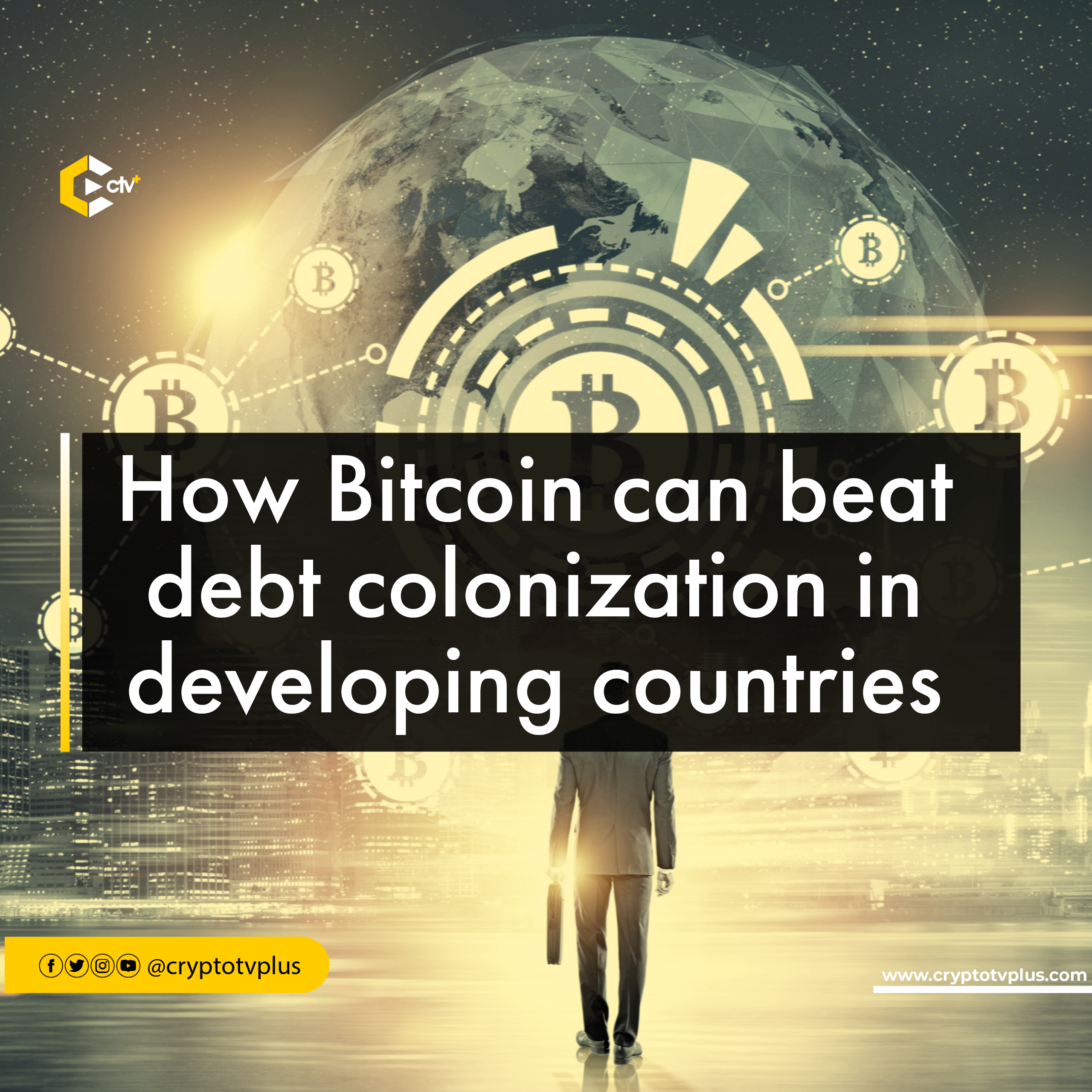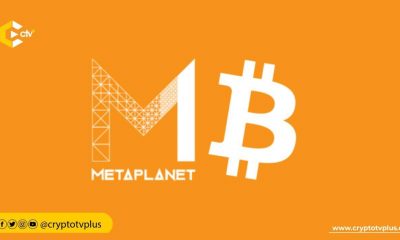FEATURED
How Bitcoin can beat debt colonization in developing countries

The global economy has undergone multiple transitions, each characterized by the implementation of various monetary policies and structures. These endeavors have been motivated by the objective of achieving global unity.
One notable institution established to promote worldwide financial harmony was the International Monetary Fund (IMF), which was created in 1944 in response to the Great Depression of the 1930s.
Reflecting on the accomplishments of the IMF, Alex Gladstein, Chief Strategy Officer of Human Rights Foundation, holds the belief that the institution has caused more harm than good, particularly in terms of perpetuating debt colonization among developing nations.
During his speech at the Bitcoin 2023 Miami, he asserted that both the IMF and World Bank serve as instruments of oppression against the Global South. Whenever leaders from these countries voice criticism, the West exploits the process. “If the IMF and World Bank are designed to help, why do they bail out so many brutal and corrupt dictators?”
Alex observed that Western countries enrich themselves by exploiting the resources of poor nations. He highlighted a specific instance in Zaire, currently known as the Democratic Republic of the Congo, where the country agreed to be controlled by the IMF in exchange for economic assistance. Both the IMF and the World Bank take advantage of the cheap resources and labor available in these countries, exporting them to developed nations for their own gain.
Even when loans are provided and charity structures are established to assist African nations and other developing regions, these tools are often used to exploit the recipient nations.
Toxic loan facilities with dictatorship
Alex further explained that the IMF and World Bank always work out their loan facilities with dictators who have no plan for the nations they lead. These loans are collected by these countries, while they are made to pay back with very high interest rates, which can be doubled.
“When these poor countries take out a loan, it’s almost always a dictator or an unaccountable ruler who takes out the loan,” he said. “Whether it’s Mobutu (of Congo), Suharto in Indonesia, Marcos in the Philippines, or Portillo in Mexico.”
He noted that the reason behind this system is that dictators make it easier for the IMF and World Bank to carry out their plans effectively. The effect is the debt trap in which nations get into, as the amount increases every year and becomes unpayable. Alex revealed that the average Global South nation owed $100 million in the 70s, but today that value stands at $100 billion.
Other outcomes of this system are highly subsidized healthcare and education in the developed world, while the opposite is seen in developing nations. Currencies such as those of Egypt, Argentina, and Ghana are also being devalued by the IMF due to the corrupt system of loans and repayment plans.
The new Chinese corrupt system
Alex added that while the IMF and World Bank have successfully damaged the economies of several nations with their loan mechanism, China seems to be championing the next stage of negative loans and “debt colonialism.” “China, the CCP, has been trying to copy this, and they’re even worse as they charge even higher interest rates.”
The challenge China is facing is that since they are not interested in taking the reserve currency, which is always the US dollar for most countries, they begin to confiscate the assets of the nation where they operate. “They seize collateral; they take over.”
The human rights activist believes that while the Chinese strategy is not functional, “all these different world powers are going to try and repeat this debt colonialism strategy because it’s very effective.” And if there are oppositions, they are dealt with immediately.
He cited an example of how Thomas Sankara of Burkina Faso was killed a few months after his speech against the IMF and World Bank loans in the 80s, while a new leader who approved such loans replaced him.
Bitcoin as the solution
In the midst of all this chaos, Alex believes that Bitcoin can help wipe out the debt colonization imposed on the Global South by Western powers and new forms of corrupt systems today, as portrayed by China.
Thanks to statistics that show the adoption of crypto by young people in Thailand, Nigeria, the Philippines, South Africa, Argentina, Indonesia, and Brazil. These young people are turning to crypto and stablecoins to escape from inflation that affects their local currencies.
“If we had one neutral currency that was open to everybody, what would the labor markets look like?” he asked. While it may not solve all problems, it will bring about a change and opportunity for every nation without reliance on a globally controlled currency like the dollar.
Alex said that the global Ponzi scheme will continue with fiat currencies, with the dollar leading the way, “but finally people have an escape; they have a Plan B.” El Salvador is one nation that has taken the step to use Bitcoin, as the country has accumulated a lot of Bitcoin for itself.
Additional statistics demonstrate that Bitcoin has surpassed the performance of the dollar, gold, and oil over the past decade. This makes it a more favorable reserve asset, considering the present economic landscape.
Read also;
Bitcoin beat gold, NASDAQ in Q1 2023
Why corporations and third-world nations should adopt Bitcoin

























1 Comment